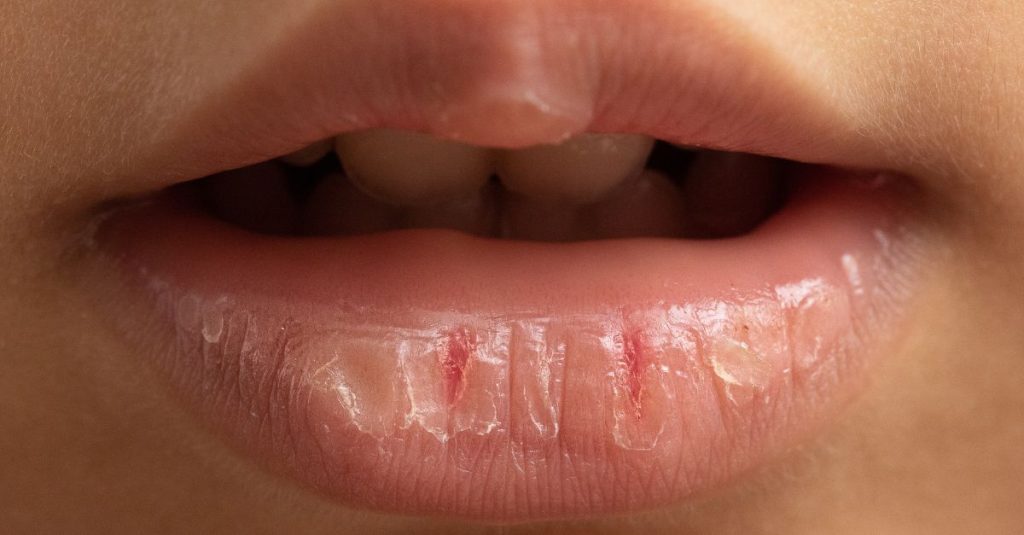That sticky, uncomfortable feeling in your mouth — the difficulty swallowing or even speaking smoothly — is something many of us have experienced. We’re talking about dry mouth, or as it’s known clinically, xerostomia. While it’s often associated with something as simple as not drinking enough water, the truth is that it can be a symptom of several underlying conditions and, more importantly, a potential risk factor for your oral health.
At Dental One, we understand that oral health is a reflection of your overall well-being. That’s why we’ve prepared this complete guide to help you understand why dry mouth occurs, what dental issues it can cause, and most importantly, what home remedies and professional tips you can apply to find relief and protect your smile.
Key Points About Dry Mouth
To give you a clear and quick overview, here’s what you need to know:
- It’s not a disease, it’s a symptom: Dry mouth is a sign that something else might be happening in your body.
- Saliva is your protector: A lack of saliva greatly increases the risk of cavities, gum disease, and bad breath.
- Multiple causes: It can be triggered by medications, lifestyle habits, or other underlying health conditions.
- There are effective solutions: From home remedies to specific treatments, dry mouth can be managed and relieved.
- Timely visits are essential: If dryness persists, professional consultation is key to ruling out more serious issues.
What Are the Symptoms of Xerostomia (Dry Mouth)?
The most distinctive symptom of xerostomia is a sticky feeling in the mouth caused by insufficient saliva. When speaking, you might even feel like your tongue sticks to the roof of your mouth.
Other possible symptoms include:
Bad breath.
Constant sore throat.
Difficulty eating, speaking, or swallowing.
Dryness in the nose.
Hoarseness.
Increased thirst.
Sores or pain on the lips, tongue, and inside the mouth.
Altered sense of taste.
Difficulty wearing dentures.
More severe symptoms may include:
Cavities.
Dryness in the eyes and skin.
Skin rashes.
Joint pain.
The Dental Connection: How Does Dry Mouth Affect Your Smile?
Saliva is much more than just water — it plays a vital role in keeping your mouth healthy. It neutralizes acids produced by bacteria, helps remove food debris, fights microbes, and aids in chewing. When this protective flow decreases, your mouth becomes vulnerable to problems such as:
Increased Cavities: Without saliva to clean and neutralize acids, tooth enamel weakens, creating the perfect environment for cavities.
If you’re concerned about this, explore our General Dentistry Treatments.
Gum Disease: Plaque buildup accelerates, leading to gingivitis (gum inflammation and bleeding) and, if untreated, periodontitis.
Learn more about how we protect your gums in our Periodontics section.
Bad Breath (Halitosis): The lack of saliva prevents proper cleaning of the mouth, allowing bacteria that cause bad odor to thrive.
Oral Infections: A dry mouth becomes more susceptible to fungal infections such as oral candidiasis.
What Can Be Done to Solve This Problem?
As with any health condition, the first step is to consult a specialist to obtain an accurate diagnosis and the most suitable treatment.
Sometimes, the solution can be relatively simple: drinking more water, monitoring your diet, avoiding sugary and caffeinated soft drinks, or reducing habits such as smoking. However, in most cases, the issue requires a targeted medical treatment.
You should also pay close attention to your oral hygiene and use products specifically formulated for dry mouth.
At home, you can also try:
Stay Hydrated: Sip small amounts of water throughout the day.
Stimulate Saliva: Chew sugar-free gum (preferably with xylitol) or suck on sugar-free candies.
Avoid Irritants: Cut down or eliminate caffeine, alcohol, tobacco, and very salty or spicy foods.
Use a Humidifier: Keeping one in your room at night can help maintain moisture in the air.
Maintain Good Oral Hygiene: Use fluoride toothpaste and mouthwashes designed for dry mouth.
Frequently Asked Questions (FAQ)
Yes, it’s relatively common since saliva production decreases during sleep and many people breathe through their mouth. However, if the sensation is intense or persists throughout the day, it’s important to consult a professional.
Definitely. Stress and anxiety affect the nervous system, which can reduce saliva flow. Additionally, some anti-anxiety medications have dry mouth as a side effect.
It’s best to avoid dry, hard foods such as crackers or toasted bread, as well as sugary or acidic foods and beverages, as these can increase discomfort and raise the risk of cavities.

